"Roma can only become middle-class if backed by an intellectual class. While other countries are still looking for excuses, Hungary has set an example for Europe, since here we are raising a new group of Roma intellectuals that is both true to its roots and strengthens the nation’s community," said State Secretary for Social Opportunities and Roma Relations Attila Sztojka at an event in Kaposvar on Saturday.
Speaking at the 15th annual opening ceremony of the academic year of the Christian Roma College Network, Attila Sztojka said the results of the network, which receives approximately 700 million forints in government funding annually, spoke for themselves: 11 vocational colleges operate in 9 cities, 746 students have received university degrees, 20 have doctoral qualifications, and more than 90 percent of graduates are employed in the labor market. He noted that the network was established in 2011 to provide professional support for higher education studies, while also helping to deepen Roma culture and foster a worldview based on Christian morality.
The launch of the network marked the beginning of an era of hope and faith. At that time, they hoped and believed in its legitimacy and necessity, and today the hopes of a new middle-class ave become a reality, he said.
He noted that every year more and more young people enroll in the special colleges, and their numbers continue to grow: while a little over 50 students attended the first opening ceremony, there are now 300. Although Roma special colleges are the flagship institutions of social opportunity policy, the lower levels must also be recognized. Progress is visible there as well: the proportion of Roma adults with less than eight years of elementary education has fallen from 24 percent to 13 percent, while the share of high school and university graduates has doubled, he explained.
According to Attila Sztojka, this means that the lives of hundreds of young people have turned around, the stories of hundreds of families have been rewritten, and this is the result of the joint work of the Hungarian government, the historic churches, civil society partners, and the perseverance of the Roma students themselves.
Scholarships, the tutoring network, and the Roma special colleges provide security and support for young Roma. One of the greatest successes of the past 15 years, he said, is that the Roma intellectual class has been strengthened and that more and more Roma higher education graduates are shaping the future of the country.
The state secretary also highlighted that while others want to raise taxes, the national government provides personal income tax exemptions for young workers under 25, interest-free workers' loans, student loans, and training support, with special assistance for those who want to start families.
He noted that before 2010 it was not good to be Roma in Hungary but, he added, it was not good to be non-Roma either, because fear, hopelessness, poverty, and unemployment reached unprecedented levels."We have left those times behind," he said.
"Hungary is the bulwark of values. It is vitally important to preserve our fundamental values and to remain faithful to them for life,"
he stressed, pointing out that in the coming years the task will be to help more Roma youth complete high school, earn university degrees, and enter the workforce. To that end, support programs will be strengthened, Roma colleges expanded, and the background for the future intellectuals built. This fall, they will launch a project titled "Ensuring the next generation for the Roma colleges," backed by 1.6 billion forints in EU and domestic funding. It will be carried out in the existing Roma special colleges, with mentoring, community events, study trips abroad, and modern tools to support students, he said.
He added that additional resources are also planned for infrastructure development in the special colleges. Sztojka emphasized that the role of Roma graduates is to show their communities that there is another way of life, another lifestyle. He urged the students to be role models, bridges in society, and to make life and career paths more open and accessible.
The academic year was opened with ecumenical service. Zoltan Kovacs, director of the Szentandrassy Istvan University Roma College at the Hungarian University of Agricultural and Life Sciences (MATE), spoke at the event, highlighting the diversity of the Roma college movement, which includes both church- and university-run institutions, some operating in separate buildings and some operating together with other colleges, some focused on academic and others on community work, and some admitting students from one or multiple universities.
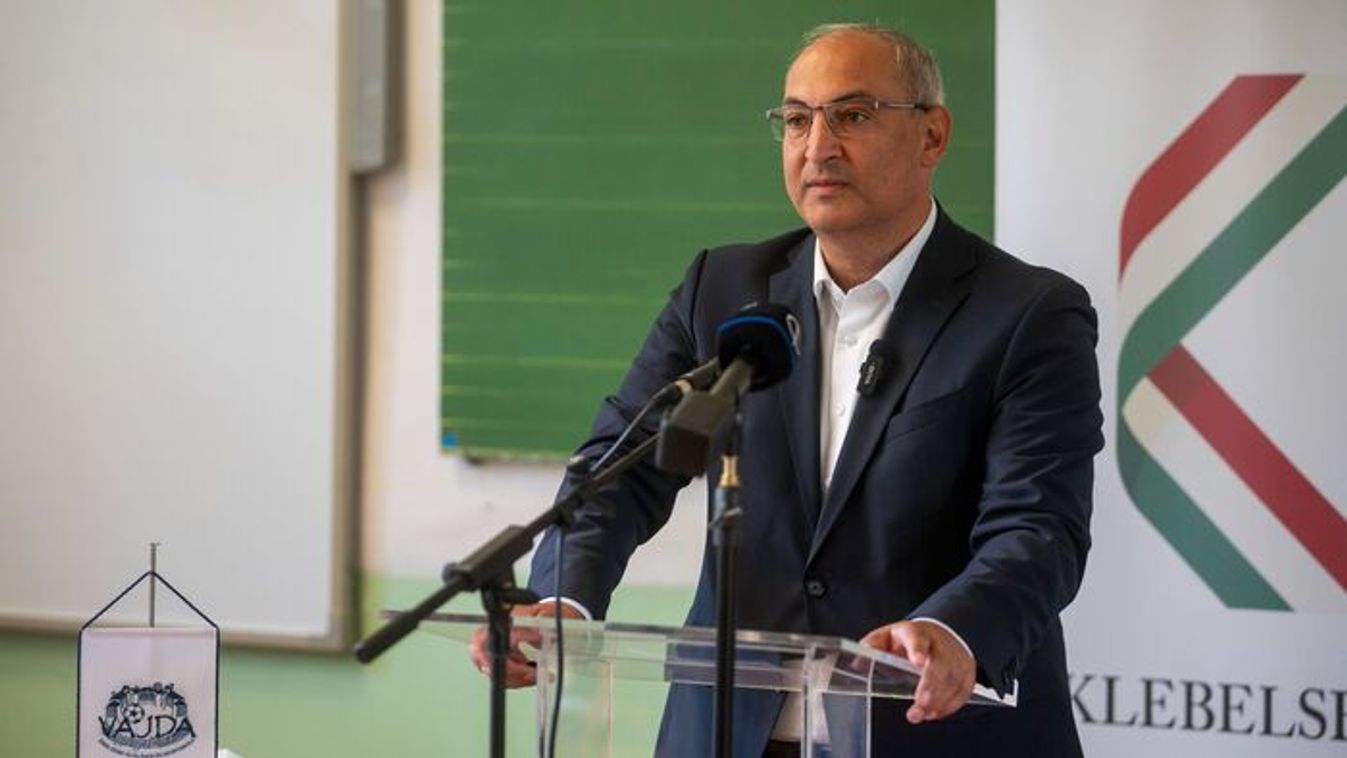
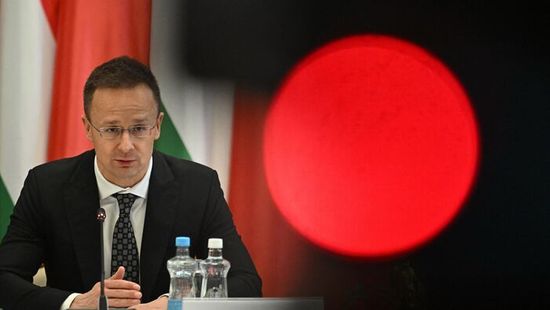




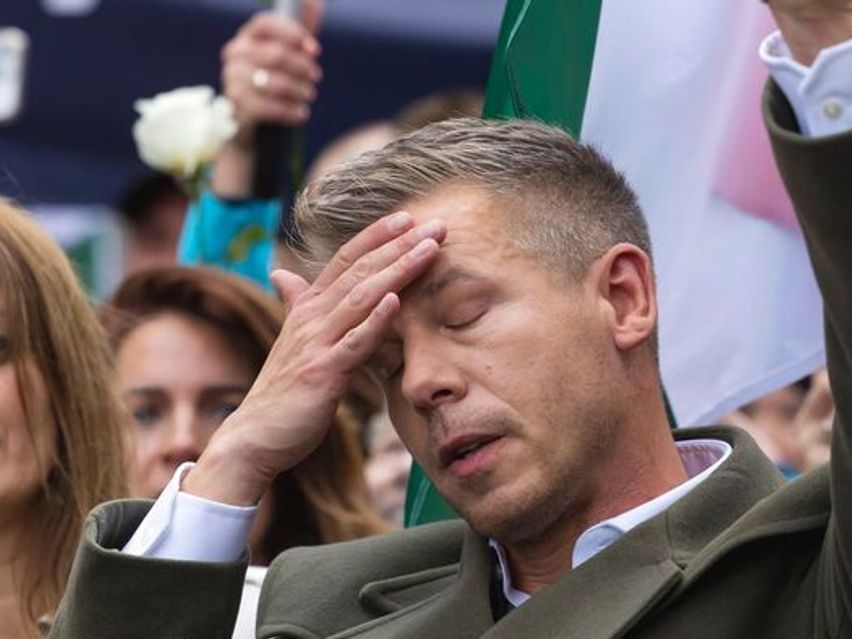


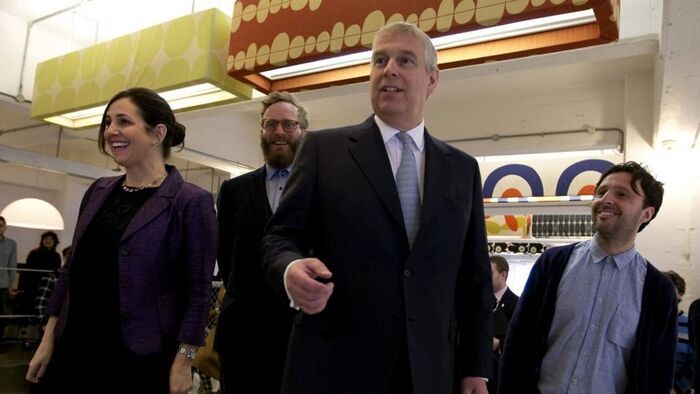

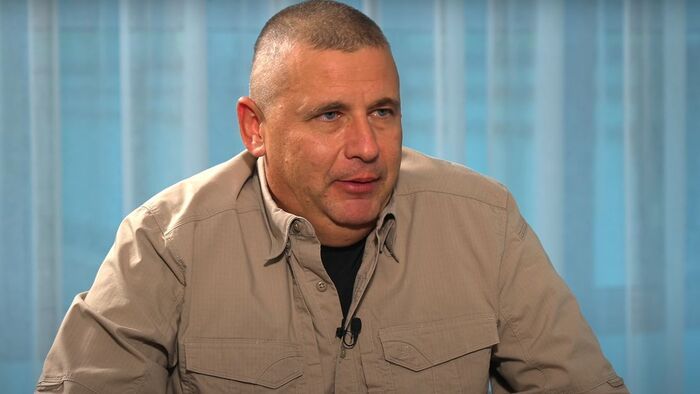
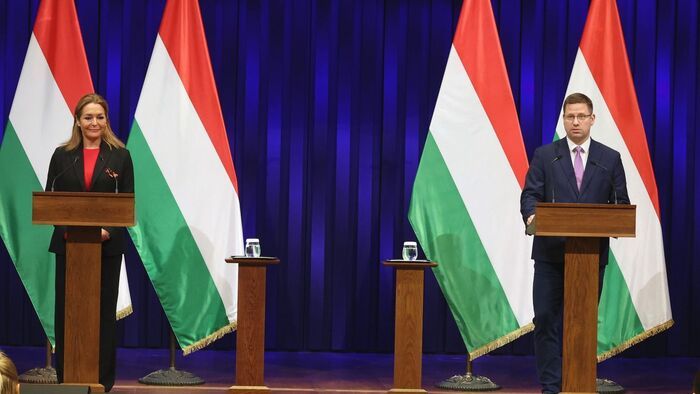
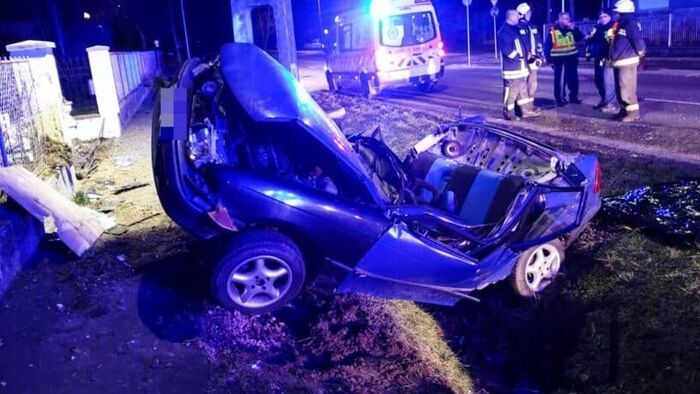

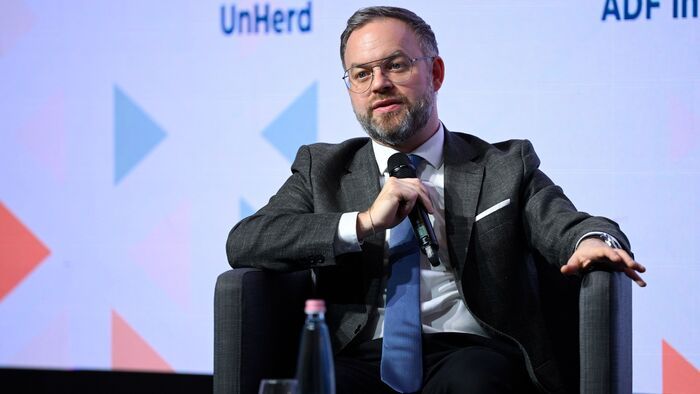

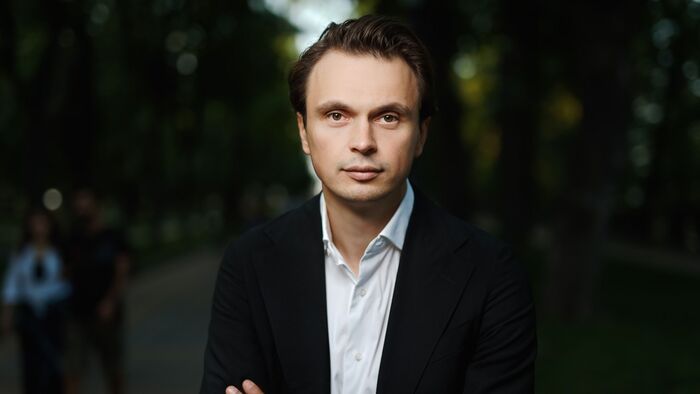


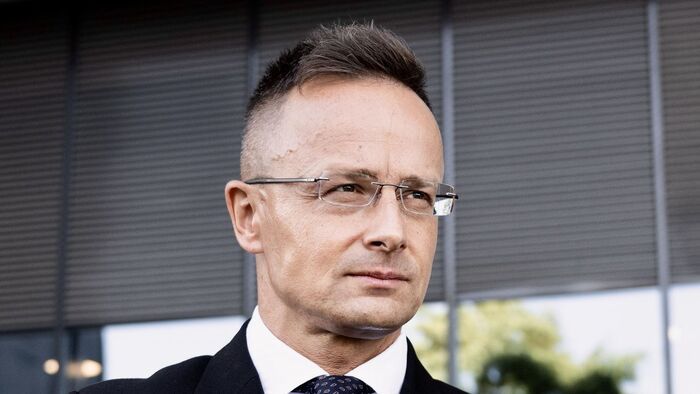

Szóljon hozzá!
Jelenleg csak a hozzászólások egy kis részét látja. Hozzászóláshoz és a további kommentek megtekintéséhez lépjen be, vagy regisztráljon!